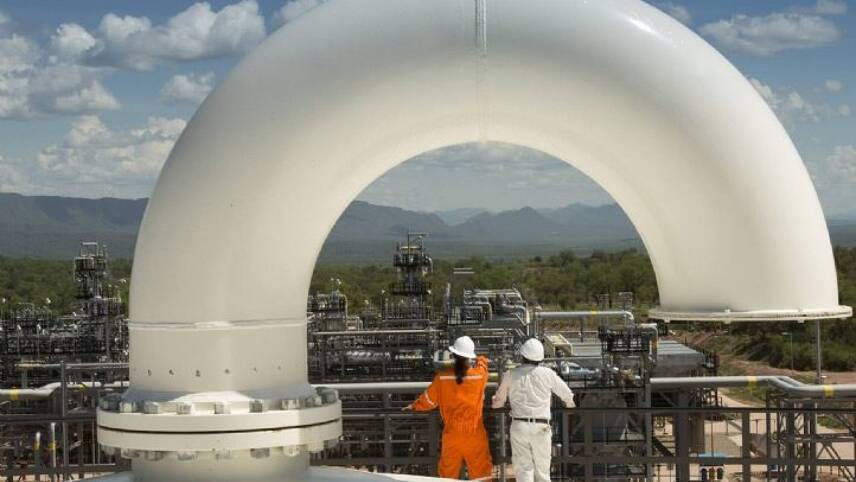Register for free and continue reading
Join our growing army of changemakers and get unlimited access to our premium content

Pictured: Researchers at the Sustainable Gas Institute (SGI) testing a small-scale CCS prototype in 2018
The Acorn project in Northeast Scotland and the Viking project in the Humber have been chosen as the next set of clusters for the Government’s CCUS programme.
The Acorn project is a carbon dioxide transportation and storage (T&S) system which will reuse legacy oil and gas infrastructure to transport captured industrial CO2 emissions from the Scottish cluster to permanent storage 2.5km under the North Sea.
The Viking project has more than 300 million tonnes of initial storage capacity, with eight discrete reservoirs situated beneath the seabed. The project estimates that decarbonising industries in the Humber will safeguard more than 20,000 jobs, while adding £4bn of gross value add (GVA) to the region by 2030.
These ‘Track Two’ clusters have the potential to reduce CO2 emissions by up to 19 million tonnes collectively, while supporting the Government in achieving its net-zero target of storing 50 million tonnes of emissions every year by 2035.
The Carbon Capture and Storage Association’s (CCSA) chief executive officer Ruth Herbert said: “We are pleased to see the UK Government pushing ahead with its CCUS deployment programme and selecting the next two CCUS clusters, as time is running out to meet 2030 targets.”
Last year, the Government committed to deploying CCUS in two industrial clusters— the HyNet cluster in Northwest England and North Wales, and the East Coast cluster in the Teesside and Humber— by the mid-2020s.
According to the CCSA, these four clusters can collectively protect 77,000 current jobs and create an addition of 70,000 jobs across the UK.
Earlier this year, the Government committed to providing up to £20bn in funding to support the early development of CCUS technologies, starting with projects on the East Coast, Merseyside, and North Wales.
The Department for Energy Security and Net-Zero Secretary Grant Shapps said: “Our next steps to develop carbon capture and storage, in Scotland and the Humber, will also help to build a thriving new industry for our North Sea that could support as many as 50,000 jobs, as we deliver on our priority of growing the economy.”
While the green groups have urged the Government to prioritise already mature technologies and nature-based solutions for sequestering carbon, the energy industry professionals have welcomed the latest announcement.
Drax Group’s chief executive officer Will Gardiner said: “We welcome the Government’s decision to designate Viking as a Track two carbon CCUS.
“Progressing a CO2 transport and storage network in the Humber represents a significant step toward helping the region meet its net-zero ambitions and ensuring that it remains a source of high-skilled jobs and energy security for decades to come.”


Please login or Register to leave a comment.